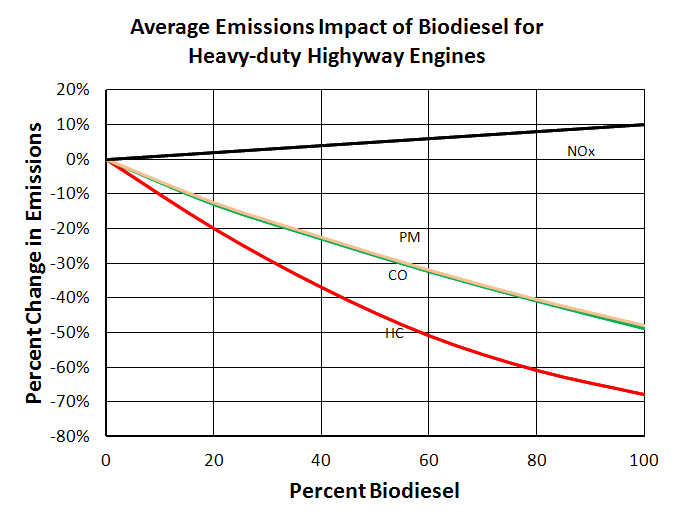In the realm of alternative fuels, biodiesel has emerged as a promising contender to traditional diesel. The debate over biodiesel performance versus regular diesel has sparked curiosity among consumers and researchers alike. Let’s delve into the intricacies of these two fuel options to understand their differences and potential advantages.

Credit: www.researchgate.net
Benefits of Biodiesel
Biodiesel, derived from renewable resources such as vegetable oils and animal fats, offers several advantages over traditional diesel:
- Environmental Sustainability: Biodiesel is considered a more environmentally friendly option as it produces lower emissions of greenhouse gases and particulate matter compared to regular diesel.
- Renewable Source: Biodiesel can be produced from a variety of organic materials, making it a sustainable and renewable energy source.
- Lubricity: Biodiesel has higher lubricity than regular diesel, which can lead to reduced engine wear and potentially longer engine life.
- Performance: Biodiesel offers superior performance due to its higher cetane rating and added lubricity, making engine startups easier and reducing wear and tear over time.
Drawbacks of Biodiesel
While biodiesel has its advantages, it also comes with some drawbacks that need to be considered:
- Energy Efficiency: Biodiesel is generally less energy efficient than petroleum diesel, depending on the blend ratio. This can result in slightly lower fuel economy.
- Shelf Life: Biodiesel has a limited shelf life compared to regular diesel, which can pose challenges in storage and distribution.

Credit: afdc.energy.gov
Comparing Performance: Biodiesel Vs Regular Diesel
When it comes to performance, biodiesel has shown promising results in various studies and real-world applications:
| Performance Aspect | Biodiesel | Regular Diesel |
|---|---|---|
| Environmental Impact | Lower emissions, more sustainable | Higher emissions, limited sustainability |
| Lubricity | Higher lubricity, reduced engine wear | Lower lubricity, potential for increased wear |
| Cost | Varies based on production methods | Generally more consistent pricing |
Conclusion
In conclusion, the debate between biodiesel performance and regular diesel continues to evolve as technology and research advance. While biodiesel offers several environmental and performance benefits, it also comes with challenges such as energy efficiency and shelf life limitations. Consumers and industry professionals must weigh these factors carefully when considering the use of biodiesel as an alternative fuel option.
Overall, the comparison between biodiesel and regular diesel showcases the potential for biodiesel to be a viable and sustainable alternative in the quest for cleaner and more efficient energy solutions.


